 /
What We Do / Self-Reliance
/
What We Do / Self-Reliance
Most refugees won’t have the opportunity to resettle or return to their homes. However, given the right support, many refugees are able to rebuild their lives in the country to which they have fled.
We help these refugees reach stability and work towards self-reliance, so they can meet their own needs without relying on humanitarian aid.
Unlike short-term emergency aid, the self-reliance approach to assistance focuses on opening up opportunities for refugees to use their skills and strengths to take care of their families and contribute to the communities they live in.
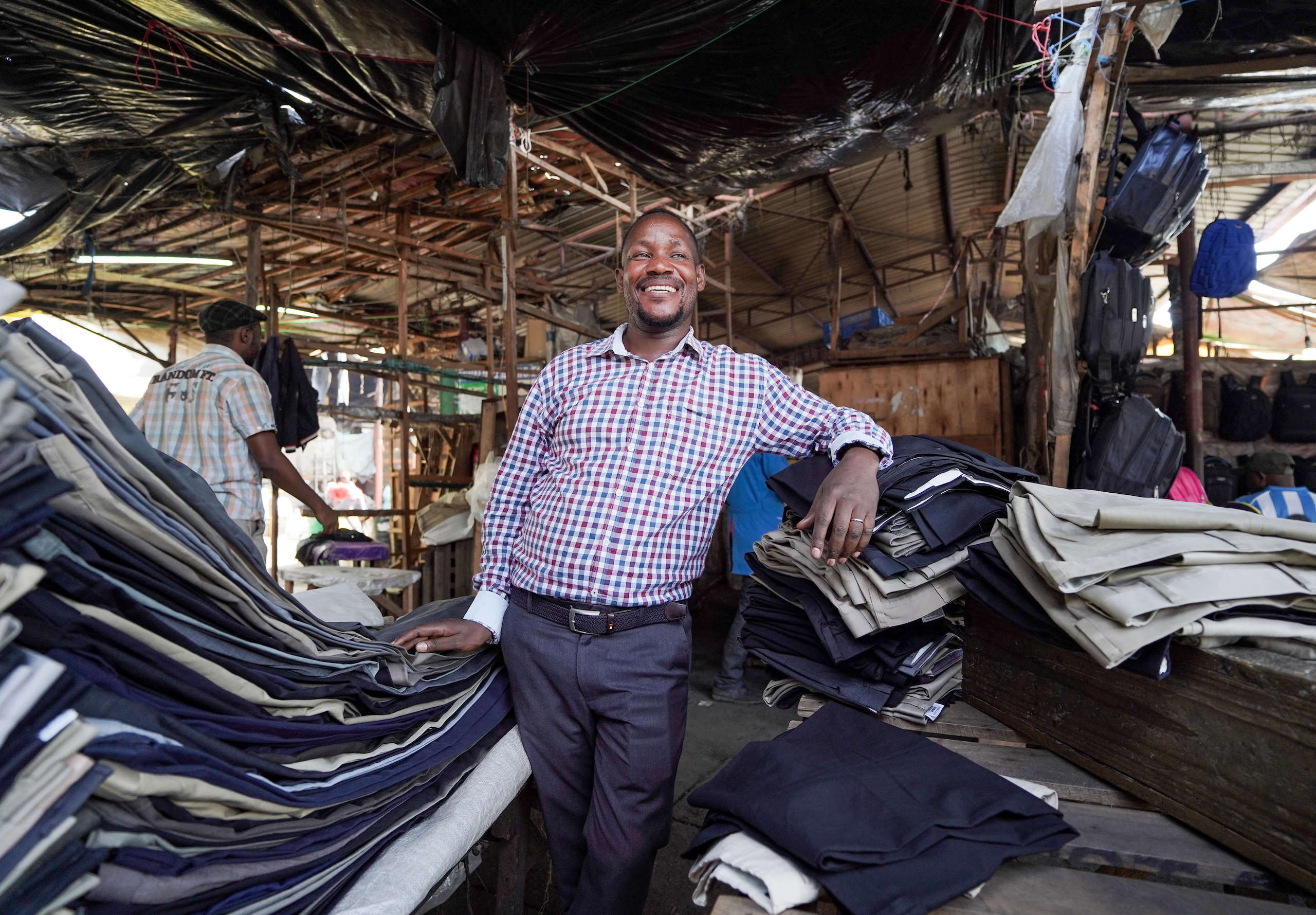
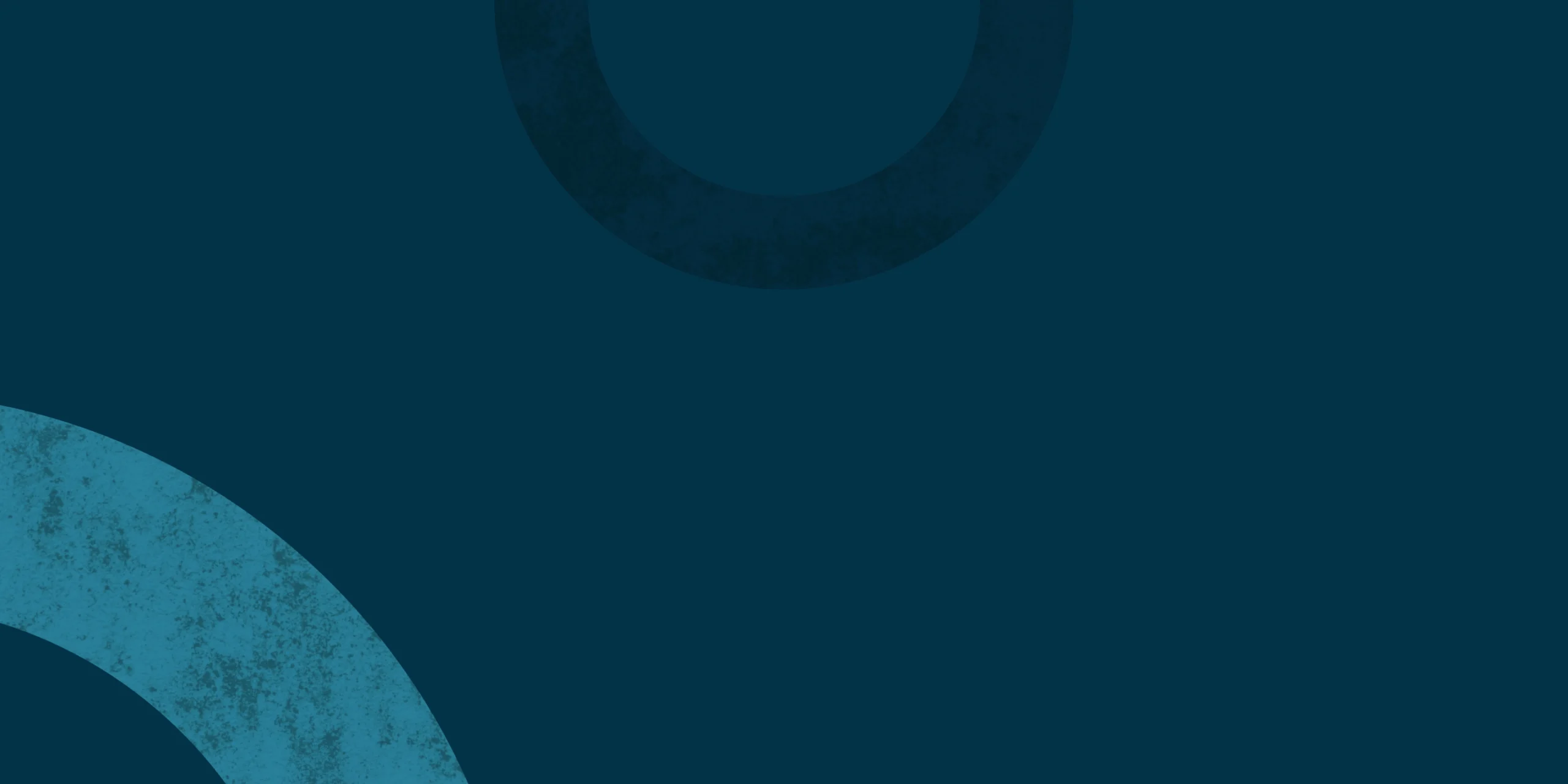
RefugePoint works to advance refugee self-reliance through these two programs:
Through our Urban Refugee Protection Program (URPP) in Nairobi, Kenya, we assist refugees in regaining the ability to meet their essential needs. For refugees experiencing extreme vulnerabilities, we first help them to stabilize with services like: food, rent, medical care, education, and counseling support. Once their basic needs are met, we provide livelihood support, focused on micro-business development, to help them earn an income. This gives them a ‘runway’ to engage in economic pursuits and achieve a degree of self-reliance—to earn sufficient income to take care of their families.
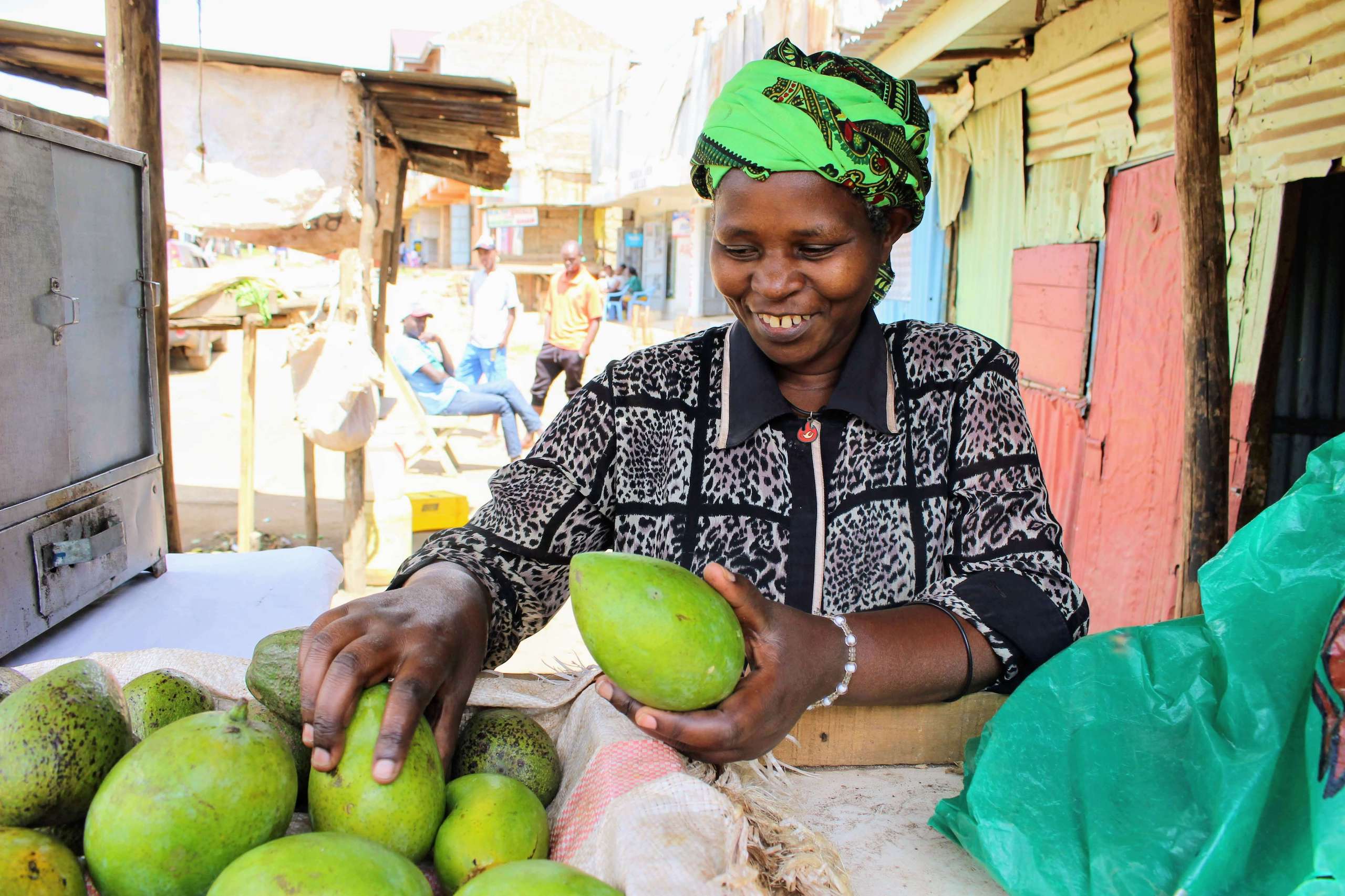
The Refugee Self-Reliance Initiative (RSRI) is a strategic initiative of RefugePoint co-founded with the Women’s Refugee Commission (WRC) that aims to advance self-reliance opportunities for refugees. The RSRI’s global network of more than 300 organizations aspires to transform the way the world responds to refugees and other forcibly displaced populations, creating a future where the journey from displacement to self-reliance is accelerated and marked by dignity, opportunity, and inclusion.
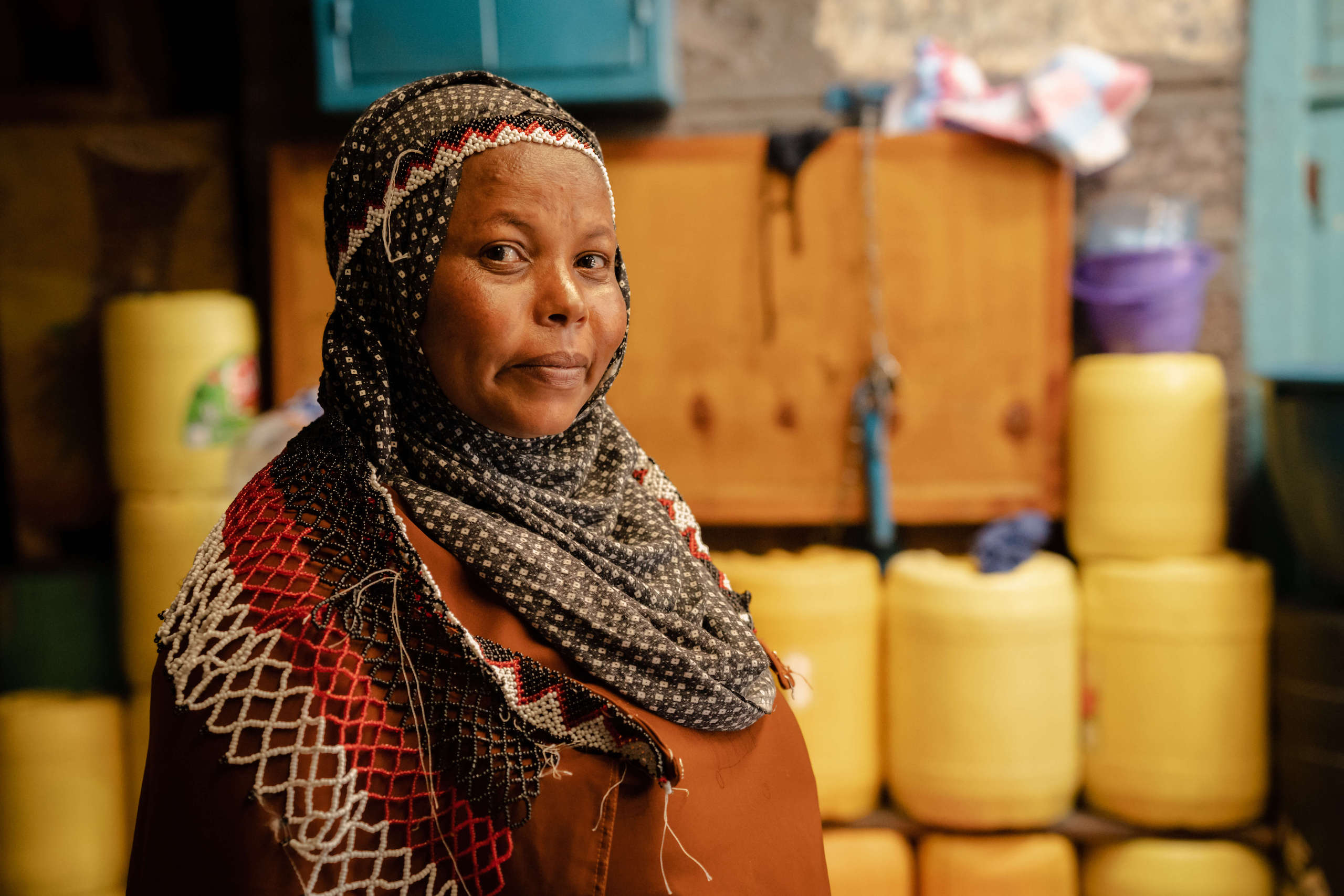
When refugees can’t return home, what can we do? Sasha Chanoff, CEO of RefugePoint, addresses this question in this brief video.
5,190
5,190 clients have reached a point of self-reliance and have graduated from RefugePoint’s Urban Refugee Protection Program in Nairobi, Kenya since 2015.
70
70 agencies in 34 countries have used the Self-Reliance Index (SRI) —the first-ever global tool for measuring the progress of refugee households toward self-reliance–since it’s launch in 2020. The SRI was developed jointly by members of the Refugee Self-Reliance Initiative with leadership from RefugePoint and the Women’s Refugee Commission.
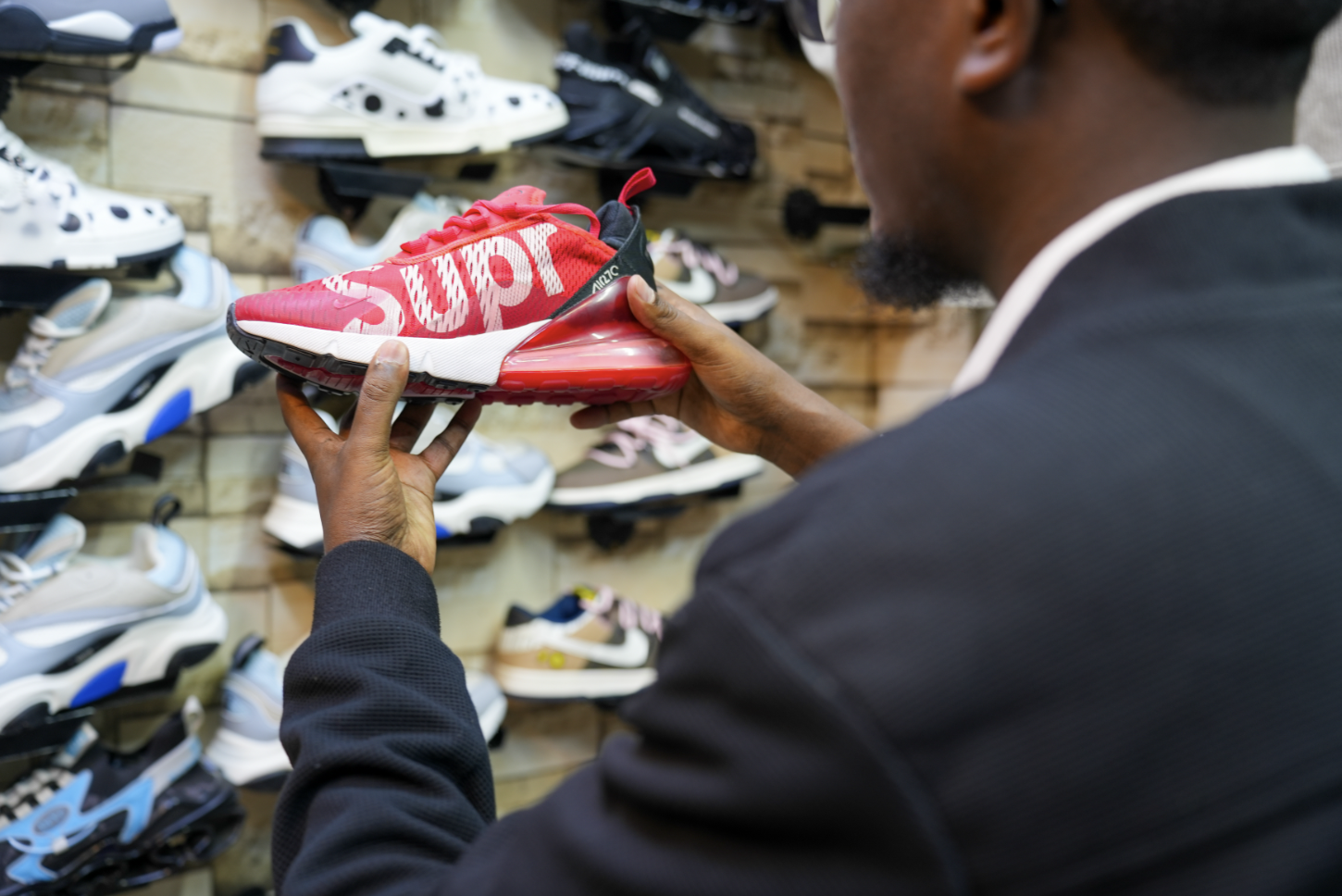

“Self-reliance means being happy and having freedom. If your mind is healthy and not stressed, you can grow from small to big. If your family eats twice or thrice in a day, at least, you get happiness. Nothing makes me happier than providing for myself independently.”

Our goal is to increase equitable access to self-reliance opportunities for refugees and increase the number of refugees becoming self-reliant.
Through our Urban Refugee Protection Program, we aim to support 1,500+ refugees and Kenyans annually in Nairobi to progress along a pathway to self-reliance.
Increase the number and diversity of actors (including refugee-led and community-based organizations) working to advance refugee self-reliance.
Over the next two years, the Refugee Self-Reliance Initiative (RSRI) will reach 250,000 refugees with self-reliance programming through the work of 5–10 partner agencies in at least five countries.
Stay in the know about our work with refugees: get RefugePoint news, refugee stories, events, and more delivered right to your inbox.
This site is protected by reCAPTCHA and the Google Privacy Policy and Terms of Service apply.
Your gift will be used to deliver lasting solutions for refugees around the world, and help them rebuild their lives in safety.
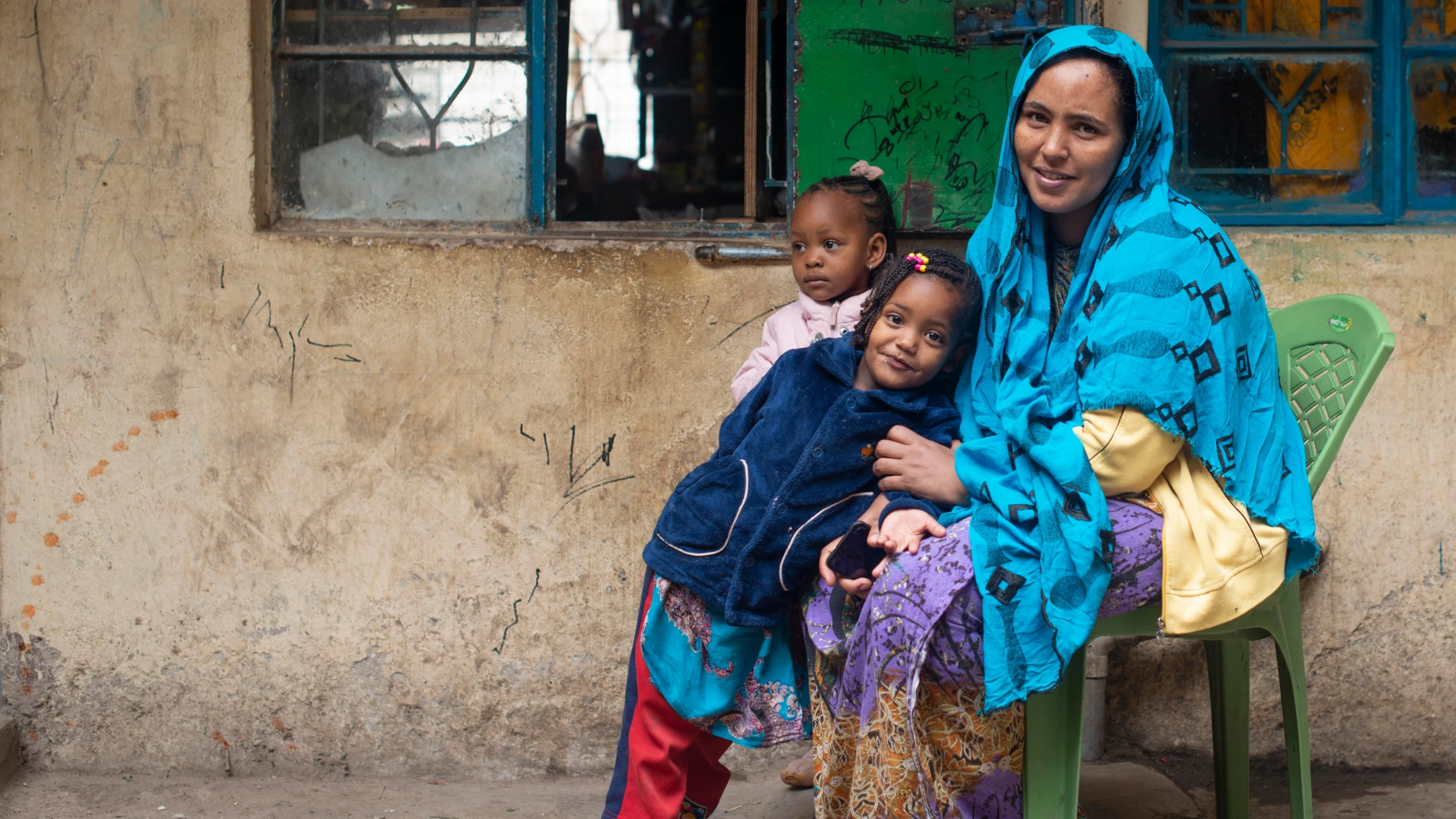
Stay in the know about our work with refugees: get RefugePoint news, refugee stories, events, and more delivered right to your inbox.
This site is protected by reCAPTCHA and the Google Privacy Policy and Terms of Service apply.
